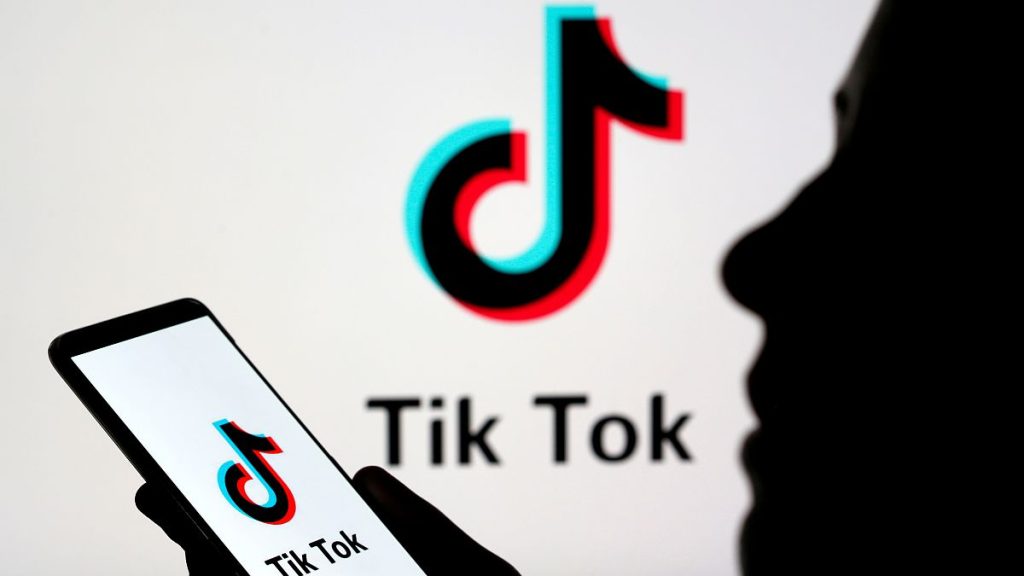The Unintended Consequences of a TikTok Campaign: How a Romanian Presidential Election Took an Unexpected Turn
In the landscape of modern politics, social media has emerged as a powerful tool for shaping public opinion and influencing electoral outcomes. The 2023 Romanian presidential election serves as a striking example of how a seemingly innocuous social media campaign can inadvertently lead to unforeseen and potentially damaging consequences. The center-right National Liberal Party (PNL) embarked on a TikTok campaign aimed at highlighting the qualities of an ideal presidential candidate, but the campaign took an unexpected turn, ultimately boosting the visibility of an ultranationalist candidate, Calin Georgescu, and sparking allegations of Russian interference.
The PNL, seeking to engage with a younger demographic, contracted Kensington Communications, a communications agency, to orchestrate a TikTok campaign centered around the qualities of a future Romanian president. The campaign involved recruiting approximately 130 influencers to create videos outlining these desirable traits. While the initial intent was to promote the PNL’s own candidate and platform, the campaign inadvertently provided a platform for Georgescu, a previously little-known ultranationalist figure. Several influencers, after participating in the PNL’s campaign, began endorsing Georgescu in the comments sections of their videos, indirectly linking the party’s message to his candidacy.
This seemingly organic endorsement, coupled with other promotional efforts, propelled Georgescu to an unexpected victory in the first round of the presidential election. The PNL’s campaign, which garnered an impressive 2.4 million views, inadvertently amplified Georgescu’s message and contributed to his rise in popularity. This unintended consequence highlights the potential risks associated with influencer marketing and the difficulty of controlling the narrative in the decentralized world of social media. A campaign designed to promote one candidate ultimately benefited another, raising questions about the effectiveness and potential pitfalls of such strategies.
The controversy surrounding the TikTok campaign deepened with allegations of financial irregularities and external interference. A report by investigative outlet Snoop.ro suggested that the PNL’s campaign funds, derived from taxpayer money, indirectly supported Georgescu’s candidacy. This revelation prompted an investigation by Romania’s tax authority and a criminal complaint from Kensington Communications, the agency responsible for the campaign. The investigation aimed to determine whether the campaign was deliberately diverted to benefit Georgescu and if any financial improprieties occurred.
Further fueling the controversy, reports emerged of substantial financial contributions to TikTok users who promoted Georgescu. IT expert Bogdan Peșchir, also known as "BogPR," allegedly donated over €1 million to these accounts, further amplifying Georgescu’s message and raising concerns about the transparency and integrity of the online campaign. This financial backing, coupled with the influencer endorsements, created a powerful online presence for Georgescu, contributing to his unexpected electoral success.
The ramifications of the TikTok campaign extended beyond the Romanian political landscape, attracting the attention of the European Commission. Following Georgescu’s victory, the Commission initiated formal proceedings against TikTok, alleging violations of the Digital Services Act (DSA). The investigation focused on TikTok’s alleged failure to adequately address risks related to election integrity, particularly in the context of the Romanian presidential election. The Commission’s scrutiny underscored the growing concerns surrounding the role of social media platforms in shaping democratic processes and the potential for manipulation and interference.
The Romanian presidential election, marred by the controversy surrounding the TikTok campaign and allegations of Russian interference, ultimately led to the annulment of the first round of voting. The Constitutional Court, after reviewing evidence provided by the country’s intelligence services, determined that Russian interference, particularly on TikTok, had compromised the integrity of the election. This decision highlighted the vulnerability of democratic processes to external manipulation and the potential for social media platforms to be exploited for political gain. The case of the Romanian election serves as a cautionary tale, underscoring the need for vigilance and regulation in the increasingly complex digital landscape of political campaigning. It raises crucial questions about the role and responsibility of social media platforms in ensuring fair and transparent elections, and the potential consequences when these platforms are used to spread misinformation or manipulate public opinion.














